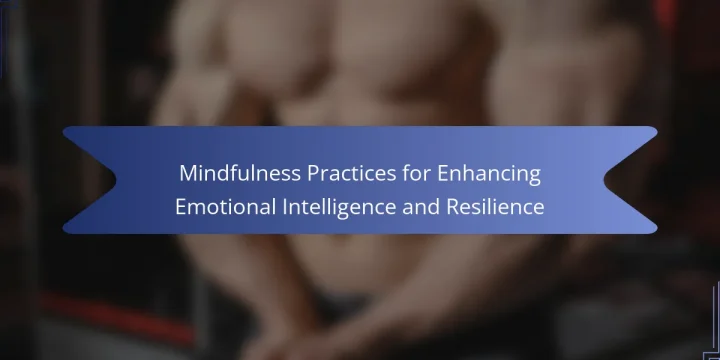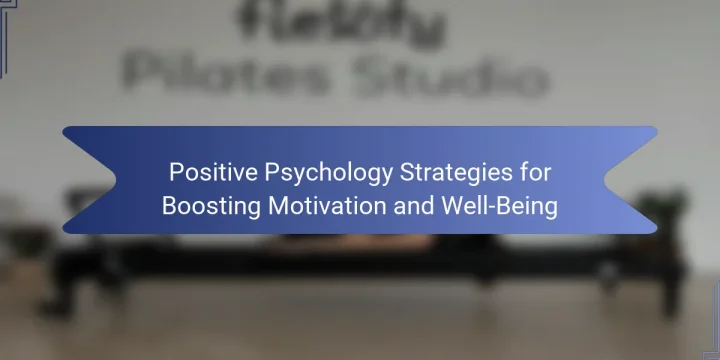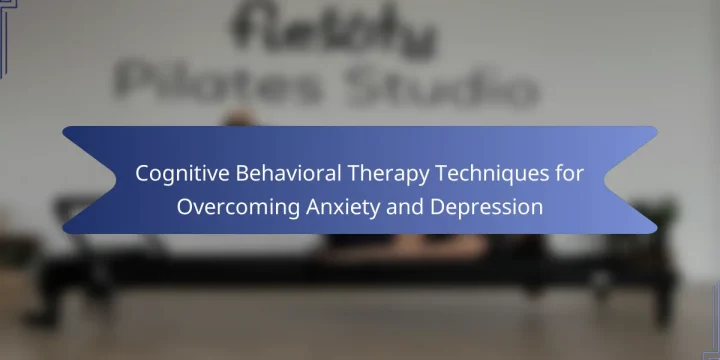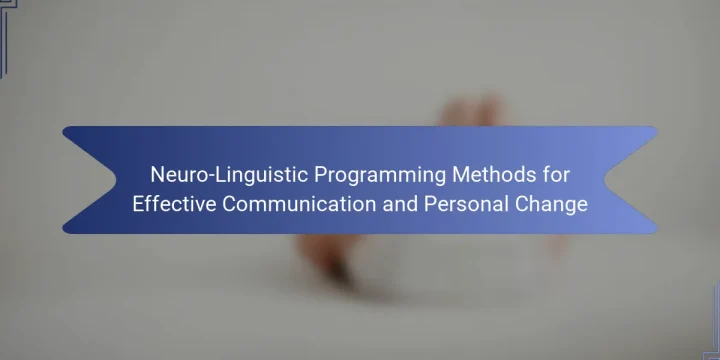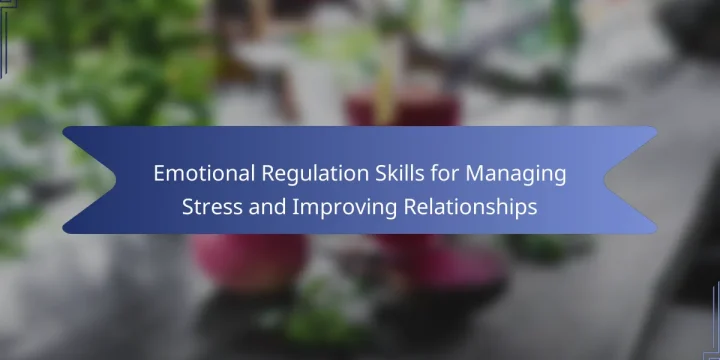
Mastering emotional regulation skills can significantly reduce stress and enhance relationships. This article explores key techniques like mindfulness, cognitive restructuring, and deep breathing. It emphasizes the importance of self-awareness, impulse control, and emotional understanding. Additionally, it addresses common mistakes and offers practical strategies for effective implementation. What are Emotional Regulation Skills? Emotional regulation skills are techniques that help individuals manage their emotions effectively. These skills improve stress management and enhance interpersonal relationships. Key techniques include mindfulness, cognitive restructuring, and deep breathing. Mindfulness increases awareness of emotional states, allowing for better responses. Cognitive restructuring helps reframe negative thoughts, reducing emotional distress. Deep breathing techniques promote relaxation and decrease anxiety. Mastering these skills leads to greater emotional resilience and healthier interactions. How do Emotional Regulation Skills impact stress management? Emotional regulation skills…
